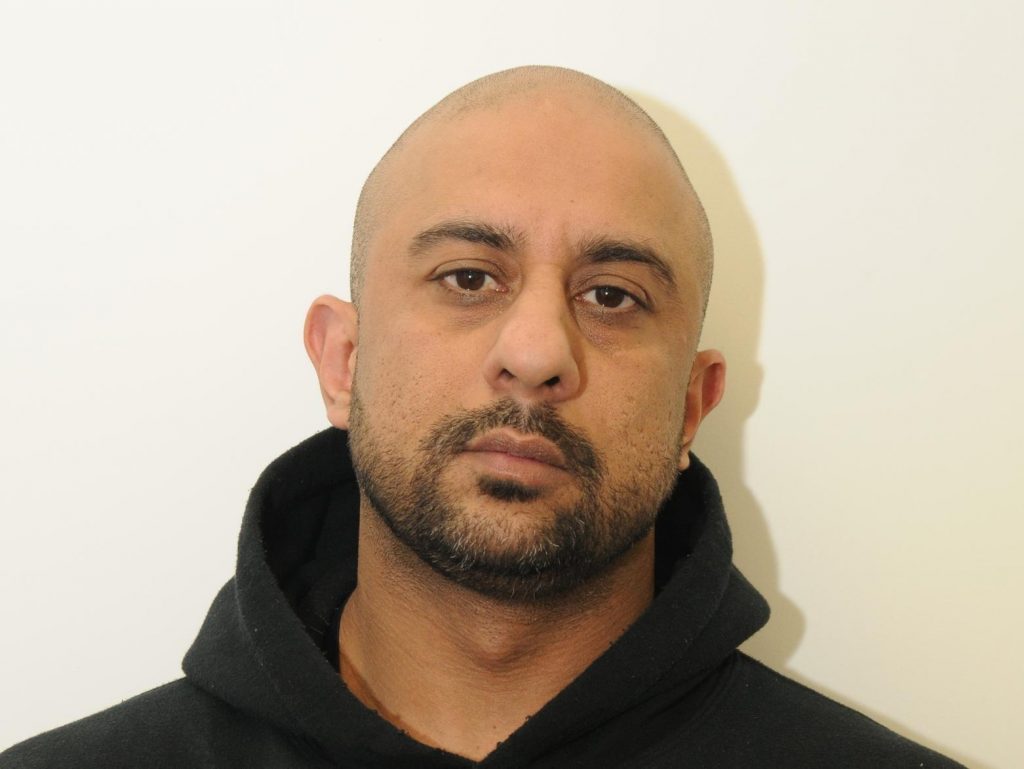Families who would be impacted by the retrospective scrapping of early release for terror offenders have told CAGE that it is a form of collective punishment that will have a lasting negative impact.
The government is currently trying to rush through new legislation following the Streatham terror attack last week which was committed by Sudesh Amman, who had been released early from jail following a terror conviction.
“Mohammed,” whose brother will be impacted by the new law told CAGE: “After my brother’s sentencing we were left with a sense of hope that he would be released for good behaviour and continue with his life, to carry on with his studies. This law will impact us all, in particular my mother who relied on him emotionally.
“It is unjust and unfair to paint all convicted people with the same brush: every case is unique. I understand something needs to be done, but each case must be looked at individually.”
Abdullah, a successfully self employed father, who was released following a terrorism conviction said: “If someone has ideas that must change, he needs opportunities to freely interact with people who are independent. Currently, it’s clear the interventionists are only in it for the money.
“Also, the probation process is a lot of pressure. This was unhelpful, and at times led me to think: ‘they are just trying to break me.’ It’s only when my conditions were completely removed that I was able to get my life back to normality, do courses and work. The authorities must be seen to manage the risk, but they need to look at things rationally, not simply seek to please the public and media.”
CAGE spokesperson Cerie Bullivant added: “More than 20 years of failed War on Terror policies have created a two-tier justice system. As well as Muslims experiencing the brunt of the use of secret evidence, the deploying of citizenship stripping, Prevent, house arrest (TPIMS) and proportionally longer sentences, now the government is introducing a further measure: scrapping the right to early release.
Subscribe to our newsletter and stay updated on the latest news and updates from around the Muslim world!
“Such policies are a move away from rehabilitation to purely punitive measures. If the government is concerned about keeping the public safe, then it should reflect over the last two decades of failed and draconian terrorism laws that have eroded due process. Violating human rights laws and continuing with the same policies that have led us here will not lead to solutions.
“In our most recent report, ‘Beyond Prevent’ we outline an 8-point plan that can be a basis to building a healthy and safe society, free from discriminatory security policies, where communities are empowered, rather than criminalised.”
Emergency legislation
Ministers are aiming to pass emergency legislation to block the automatic early release of convicted terror offenders before the next one is due to be freed in three weeks’ time.
It follows attacks in recent months by men convicted of terror offences.
Sunderland shopkeeper Mohammed Zahir Khan, 42, is expected to be released on February 28 after serving half of his sentence for encouraging terrorism.

Khan was arrested in 2017 and given a four-and-a-half year sentence in May 2018 after pleading guilty. He had posted a statement on a Twitter account from ISIS calling for attacks. He also admitted a charge of distributing material designed to incite religious hatred after calling for Shia Muslims to be burnt alive.
The government’s emergency measures, which require backing from Parliament, would postpone his release until the Parole Board has given its approval.
Ministers have admitted they are likely to face a legal challenge over the plans and an ex-independent reviewer of terror legislation, Lord Carlile, said blocking early release “may be in breach of the law.”
But Justice Secretary Robert Buckland maintained the government was taking the right action, adding: “This is about public protection – it’s the first job of government to get that right.”
The government is aiming for its law change to clear the Commons by the time MPs rises for recess on 20 February and pass through the House of Lords over the following seven days.

















